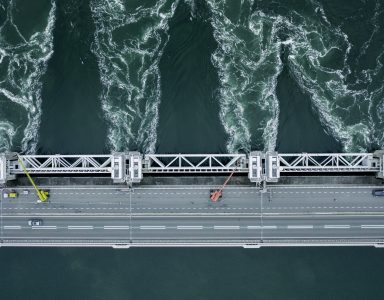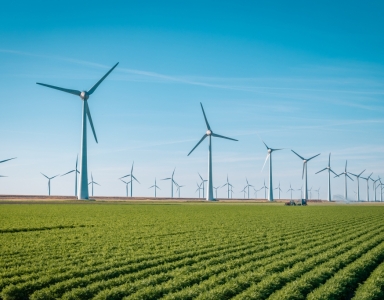TU Delft | Maputo
Sustainable freshwater supply in urbanizing Maputo, Mozambique
Water reuse offers great potential for reducing water shortages. However, in many developing countries, both suitable technologies and approaches to sustainable reuse in local social settings are lacking. The overall objective is to reduce water shortages in Maputo, Mozambique, by enabling the local water sector to include water reuse in the overall planning and design of the urban water system.
Knowledge gaps exist with respect to the integrated technical and social aspects of the productive use of wastewater in developing countries. Little research has been published on this topic. The research challenge is to obtain integrated social and technological knowledge to assess and predict the effectiveness and sustainability of integrated water reuse strategies.
In order to close this knowledge gap, this research will focus on understanding both centralised and decentralised systems for water reuse from a technological and social perspective. The first research project will focus on the reuse of centralised wastewater at the wastewater treatment plant in the Infulene Valley (the only large-scale treatment plant in Maputo). The goal is to turn this treatment plant into a profitable “mine” that produces clean water for irrigation and industry; energy (via the digestion of concentrated waste streams and sludge); and nutrients for agriculture. The second study focusses on the reuse of decentralised wastewater in peri-urban areas, assessing and pilot testing the potential benefits.
The two research projects will lead to reliable tools and models for local stakeholders who are in need of strategies for water reuse. Within each research project, mixed teams of PhD researchers within both the social sciences and water management will aim to institutionalise optimal multidisciplinary collaboration.
Applicant
- TUDelft
Co-applicants
- Universidade Eduardo Mondlane
- UNESCO-IHE
Grant
NWO – Urbanising Deltas of the World



